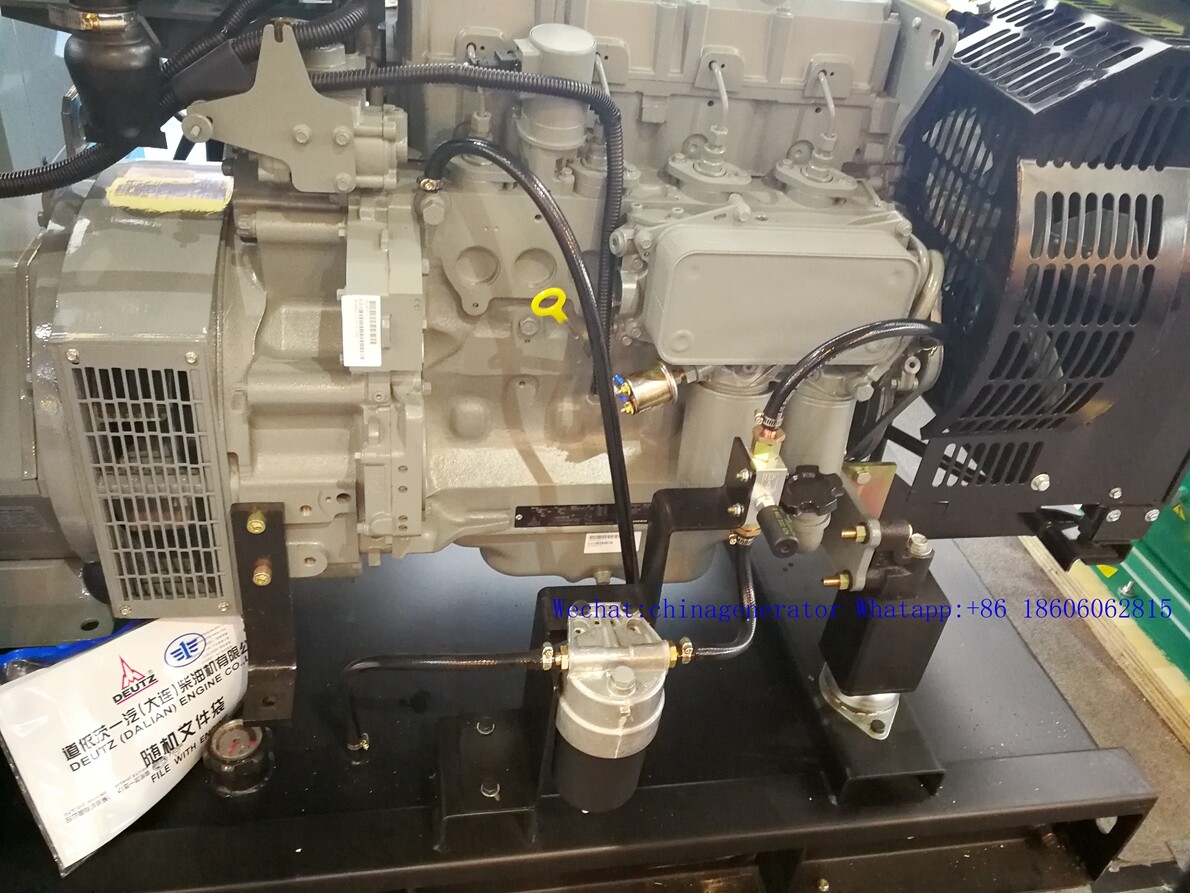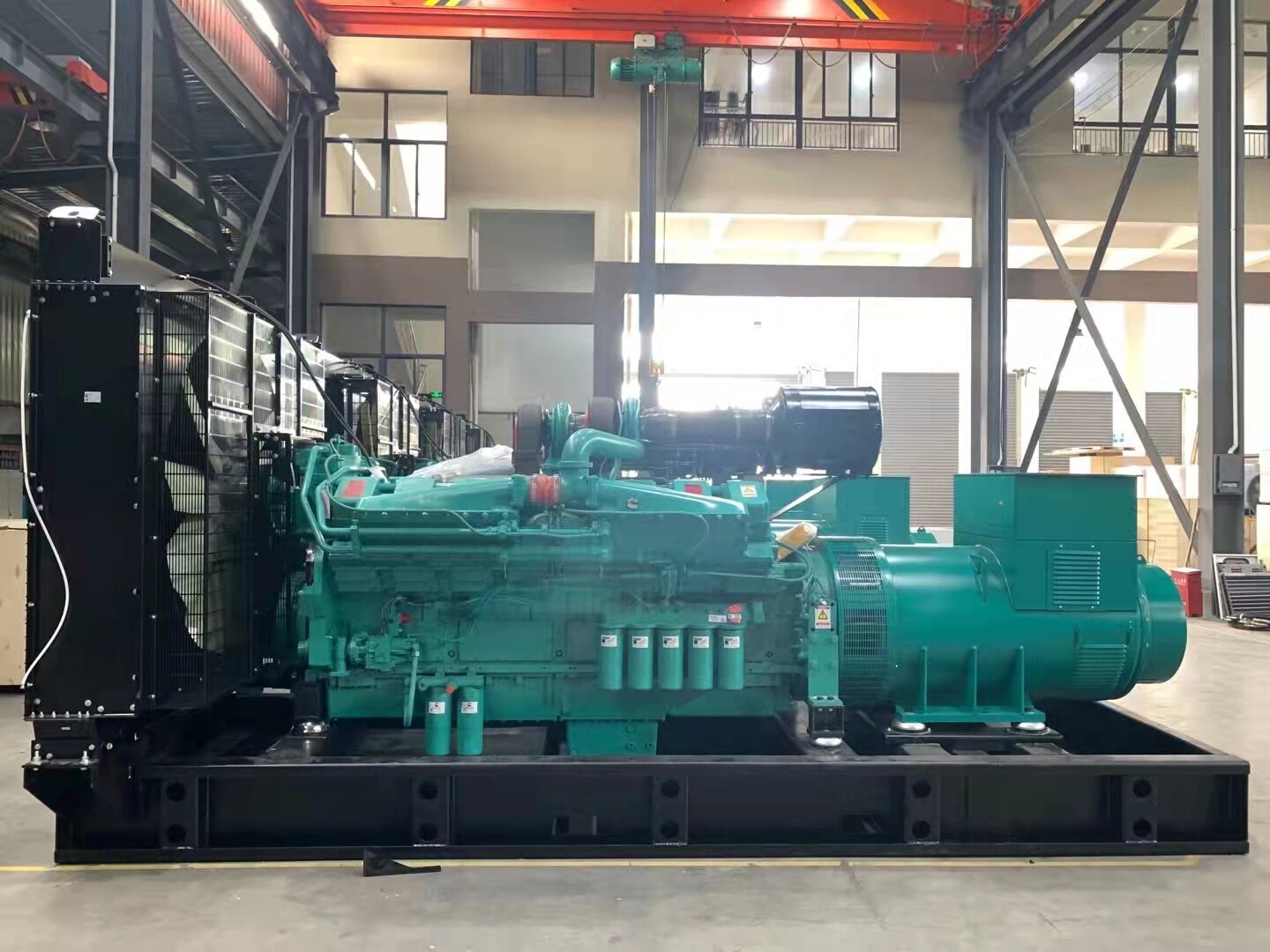Electrical Equipment Supplies: Your Comprehensive Guide to Sourcing Quality Components
In the ever-evolving world of technology and industrial operations, electrical equipment supplies play a pivotal role in ensuring that businesses run smoothly and efficiently. From small enterprises to large-scale industrial plants, having access to the right electrical components is crucial for maintaining productivity, safety, and overall operational effectiveness. In this comprehensive guide, we'll delve into the essentials of electrical equipment supplies, explore key factors to consider when sourcing these supplies, and provide valuable insights into how businesses can make the most informed decisions.
Understanding Electrical Equipment Supplies
Electrical equipment supplies encompass a wide range of components and tools necessary for the installation, maintenance, and operation of electrical systems. These supplies include, but are not limited to, circuit breakers, switches, wiring, fuses, transformers, and power distribution units. They are integral to various industries, including manufacturing, construction, automotive, and telecommunications.
The Importance of Quality in Electrical Equipment Supplies
Quality is paramount when it comes to the supplies. Substandard components can lead to system failures, safety hazards, and increased downtime, all of which can have severe consequences for a business. High-quality supplies, on the other hand, ensure that electrical systems operate reliably and efficiently, minimizing the risk of malfunctions and accidents.
Key Types of Electrical Equipment Supplies
Circuit Breakers and Fuses: These components are essential for protecting electrical circuits from overloading or short-circuiting. They automatically disconnect the power supply in the event of a fault, preventing damage to the system and reducing the risk of fire.
Switches: Switches control the flow of electricity within a circuit. They come in various types, including toggle switches, rocker switches, and push-button switches, each serving specific functions in different applications.
Wiring and Cables: Electrical wiring is the backbone of any electrical system, responsible for transmitting power from one point to another. The quality of wiring is crucial, as poor wiring can lead to energy loss, overheating, and electrical fires.
Transformers: Transformers are used to step up or step down voltage levels in electrical systems. They are vital in ensuring that the correct voltage is supplied to different parts of a system, preventing damage to sensitive equipment.
Power Distribution Units (PDUs): PDUs distribute electrical power to multiple devices within a system. They are commonly used in data centers, industrial plants, and other environments where reliable power distribution is critical.
Factors to Consider When Sourcing Electrical Equipment Supplies
When sourcing electrical equipment supplies, businesses must consider several factors to ensure they are getting the best products for their needs. These factors include:
1. Supplier Reputation
The reputation of a supplier is one of the most important considerations. Established suppliers with a proven track record are more likely to provide high-quality products and reliable customer service. It's advisable to research potential suppliers, read customer reviews, and seek recommendations from industry peers.
2. Compliance with Standards
Electrical equipment must comply with industry standards and regulations to ensure safety and performance. It's essential to verify that the supplies you are purchasing meet the relevant standards, such as those set by the International Electrotechnical Commission (IEC) or the National Electrical Manufacturers Association (NEMA).
3. Product Range
A supplier that offers a wide range of products allows businesses to source all their electrical equipment supplies from a single source. This not only simplifies the procurement process but also ensures compatibility between different components.
4. Cost-Effectiveness
While cost is always a consideration, it should not come at the expense of quality. Businesses should seek suppliers that offer competitive pricing without compromising on the quality of their products. Bulk purchasing and long-term contracts may also provide opportunities for cost savings.
5. Availability and Lead Times
The availability of supplies and lead times are critical factors, especially in industries where downtime can result in significant losses. It's important to work with suppliers who can deliver products quickly and reliably, minimizing any potential disruptions to operations.
6. Technical Support and After-Sales Service
Reliable technical support and after-sales service are invaluable, particularly when dealing with complex electrical systems. Suppliers that offer comprehensive support can assist with installation, troubleshooting, and maintenance, ensuring that systems continue to op
erate smoothly.
The Role of China in Electrical Equipment Supplies
China has emerged as a major player in the global market. The country's manufacturing capabilities, combined with competitive pricing, have made it an attractive source for businesses worldwide. Many Chinese suppliers offer a wide range of high-quality electrical components, from basic wiring to sophisticated power distribution units.
China Trailer Diesel Genset: A Case Study in Sourcing
For businesses involved in heavy-duty applications, sourcing a China trailer diesel genset can be a strategic move. These generators are known for their durability, efficiency, and cost-effectiveness. However, as with any electrical equipment, it's crucial to work with reputable suppliers who can provide reliable products that meet international standards.
Future Trends in Electrical Equipment Supplies
The electrical equipment industry is constantly evolving, driven by advancements in technology and changing market demands. Here are some key trends to watch in the coming years:
1. Increased Automation
Automation is becoming increasingly prevalent in industrial and commercial applications. This trend is driving demand for advanced electrical components, such as programmable logic controllers (PLCs) and smart sensors, which enable more efficient and automated operations.
2. Sustainability and Energy Efficiency
As businesses strive to reduce their environmental impact, there is a growing emphasis on energy-efficient electrical equipment. Components that reduce energy consumption, such as LED lighting and energy-efficient transformers, are becoming more popular.
3. Integration of Renewable Energy
The integration of renewable energy sources, such as solar and wind power, into electrical systems is on the rise. This is driving demand for specialized equipment, such as inverters and battery storage systems, that can manage and distribute renewable energy.
4. Smart Grids and IoT
The development of smart grids and the Internet of Things (IoT) is revolutionizing the way electrical systems are managed. Smart grids use advanced communication technologies to monitor and control electrical systems in real-time, improving efficiency and reliability.
5. Globalization of Supply Chains
Globalization is making it easier for businesses to source electrical equipment supplies from different parts of the world. However, it also presents challenges, such as ensuring product quality and navigating international regulations.
Conclusion
In today's fast-paced industrial landscape, having access to high-quality electrical equipment supplies is essential for businesses to maintain efficiency, safety, and competitiveness. By understanding the different types of supplies available, considering key factors when sourcing, and staying informed about industry trends, businesses can make informed decisions that support their long-term success.
Whether you are sourcing basic wiring or advanced power distribution units, the importance of working with reputable suppliers cannot be overstated. In a globalized market, where options are vast and varied, due diligence is key to ensuring that your electrical systems are equipped with the best components available.
As we look to the future, trends such as increased automation, sustainability, and the integration of renewable energy will continue to shape the electrical equipment industry. By staying ahead of these trends and adapting to new technologies, businesses can position themselves for success in an increasingly competitive environment.
In conclusion, electrical equipment supplies are the backbone of modern industrial operations. By investing in high-quality components and working with reliable suppliers, businesses can ensure that their electrical systems operate efficiently and safely, paving the way for sustained growth and innovation.



